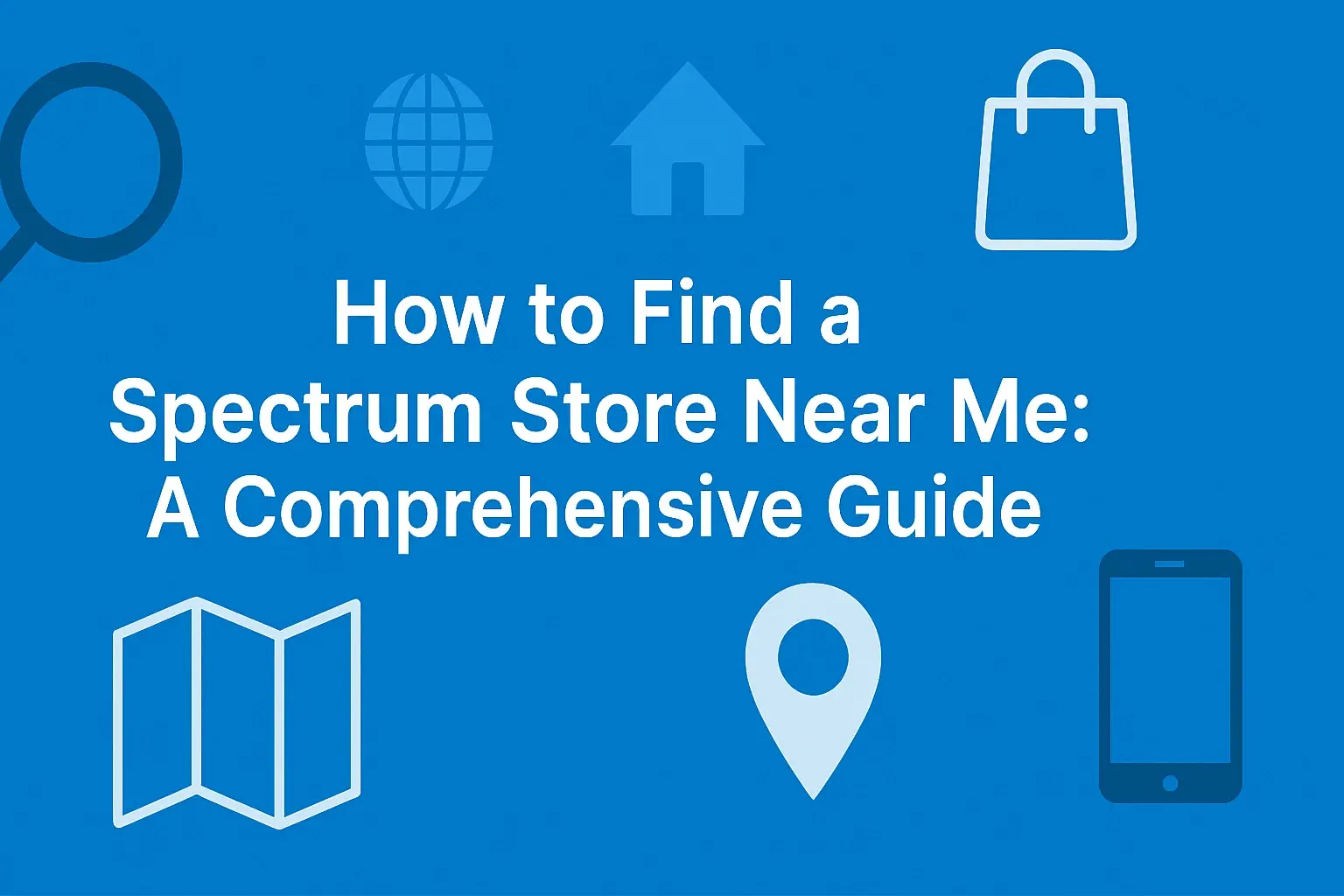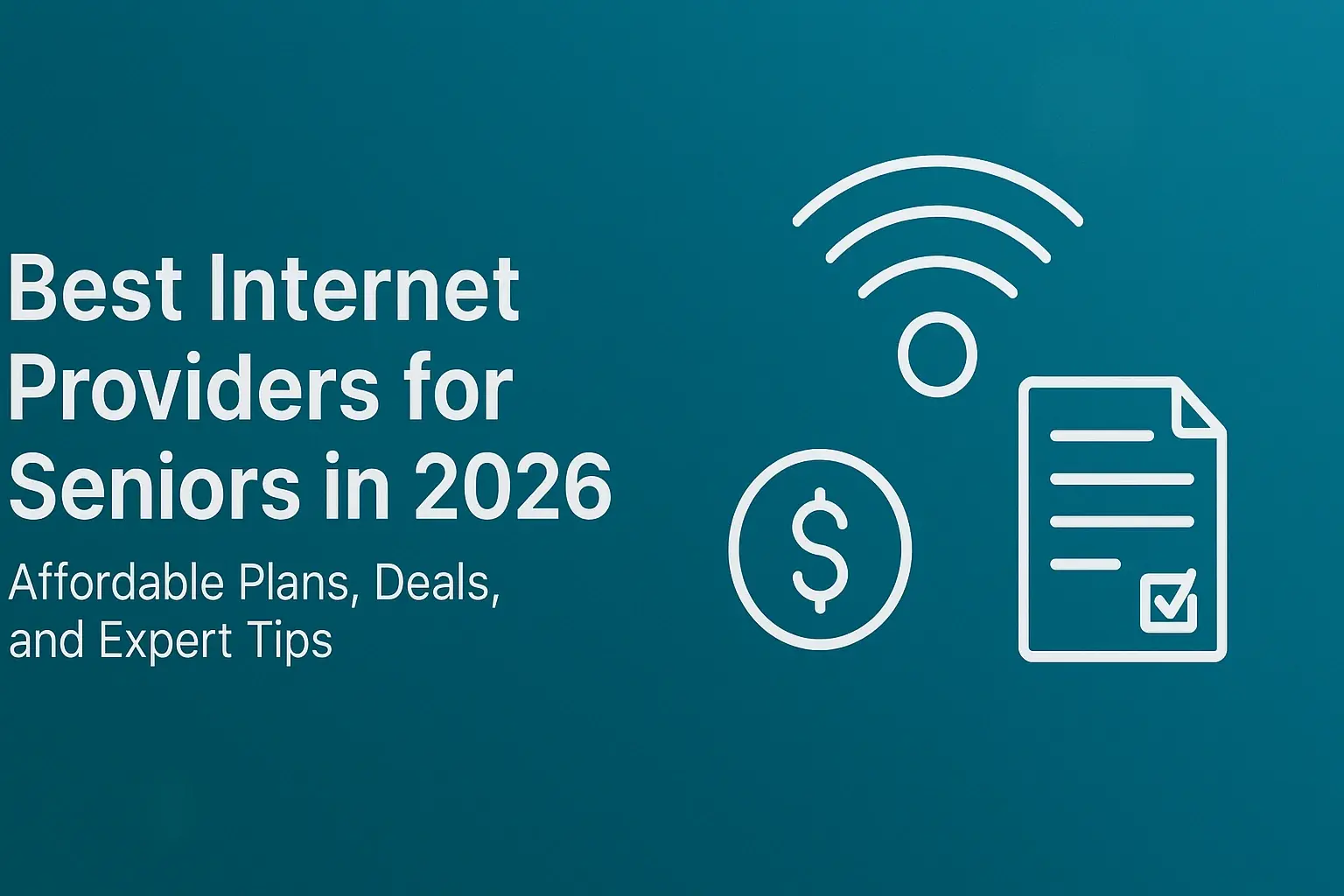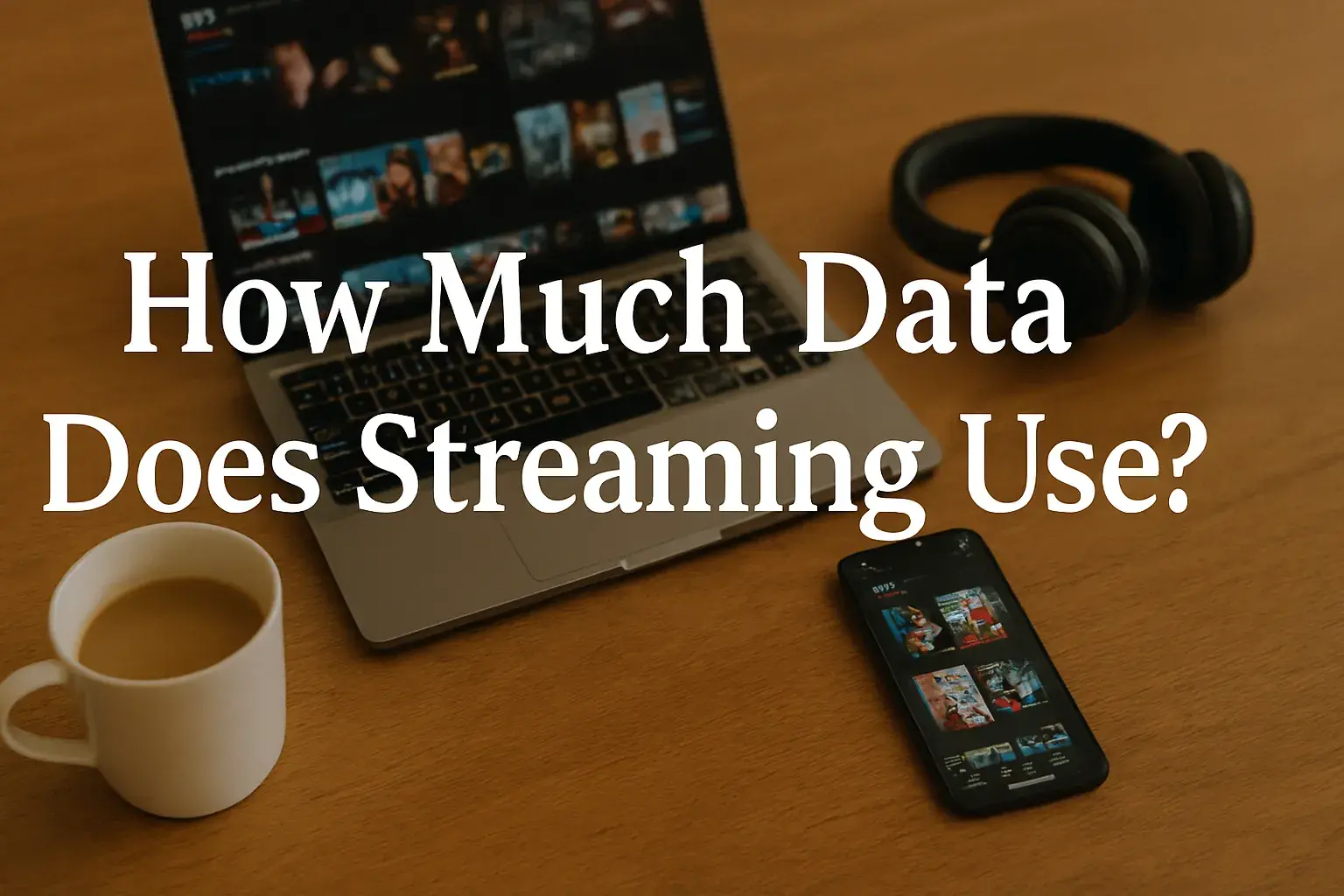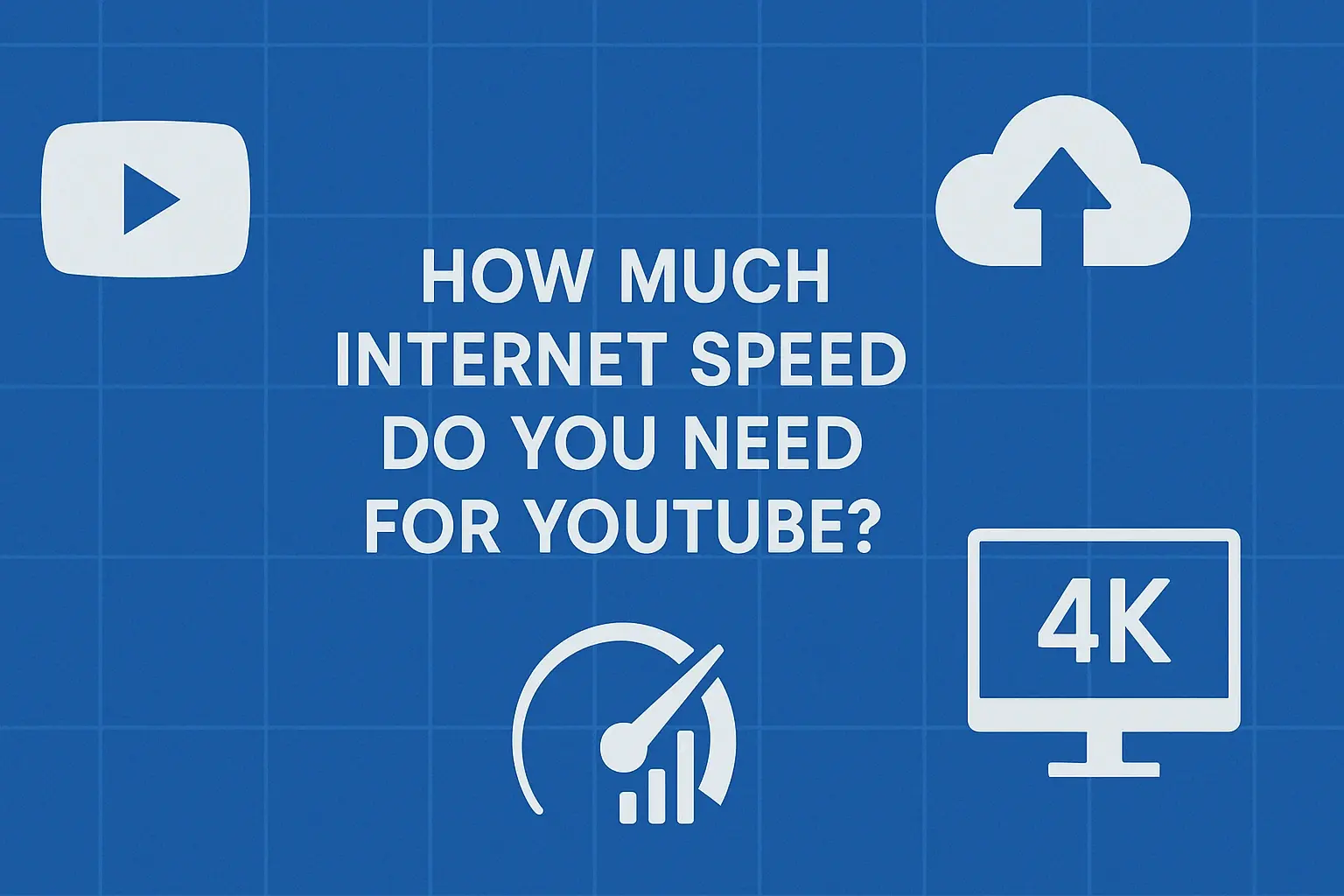
Navigating the evolving landscape of internet pricing can be daunting. This guide dives deep into Spectrum Internet Ultra's pricing structure, specifically focusing on what happens after the initial 12-month promotional period. We'll break down the costs, explore potential increases, and equip you with the knowledge to make informed decisions about your high-speed internet service.
Understanding Spectrum Internet Ultra
Spectrum Internet Ultra is positioned as a premium offering within Spectrum's internet service portfolio. It's designed for households that demand robust performance, whether for extensive streaming, intensive online gaming, seamless video conferencing, or supporting multiple connected devices simultaneously. The "Ultra" moniker signifies higher download and upload speeds compared to Spectrum's standard or even "Select" tiers. This tier aims to cater to users who find themselves bottlenecked by slower connections and require a more powerful and responsive internet experience. Understanding the core features and benefits of Spectrum Internet Ultra is the first step before delving into the nuances of its pricing, especially as those prices evolve over time.
What Defines Spectrum Internet Ultra?
At its heart, Spectrum Internet Ultra is defined by its speed. While specific advertised speeds can vary slightly by region and are subject to change by the provider, it consistently offers download speeds significantly higher than entry-level plans. In 2025, this typically translates to advertised download speeds in the range of 500 Mbps to 1 Gbps. This level of speed is crucial for households with high bandwidth demands. It means that downloading large files, such as movies or software updates, takes mere minutes, if not seconds. Upload speeds, while often lower than download speeds, are also generally more competitive in the Ultra tier, which is beneficial for content creators, those frequently uploading large files, or engaging in high-quality video calls.
Who is Spectrum Internet Ultra For?
The target audience for Spectrum Internet Ultra is broad but specific in its needs. It's ideal for:
- Families with Multiple Users: Households where several individuals are online simultaneously, each engaging in different high-bandwidth activities (e.g., one streaming 4K video, another gaming, a third on a video conference).
- Remote Workers and Students: Professionals and students who rely heavily on stable, fast internet for video conferencing, accessing cloud-based applications, and downloading/uploading large project files.
- Gamers: Individuals who require low latency and high download speeds for downloading games, seamless online multiplayer experiences, and streaming gameplay.
- Content Creators: YouTubers, streamers, and other digital creators who need fast upload speeds to share their content and download large media files for editing.
- Smart Home Enthusiasts: Users with an increasing number of connected devices (smart TVs, security cameras, smart appliances) that can consume significant bandwidth.
Essentially, if your current internet plan struggles to keep up with your digital lifestyle, Spectrum Internet Ultra is designed to be the solution.
Spectrum Internet Ultra: The Initial 12-Month Pricing
When you first sign up for Spectrum Internet Ultra, you're typically greeted with an attractive promotional price. These introductory offers are a standard marketing practice across the telecommunications industry, designed to entice new customers and provide a taste of premium service at a reduced cost. Understanding this initial price is crucial because it sets a baseline, and the subsequent price increase after 12 months can be a significant jump if not anticipated.
Typical Introductory Offers in 2025
In 2025, Spectrum Internet Ultra often comes with an advertised price that can range from approximately $60 to $90 per month. This price point is highly competitive for the speeds offered, making it a compelling option for many consumers. It's important to note that this advertised price usually includes:
- Download Speeds: Typically in the 500 Mbps to 1 Gbps range.
- Modem Rental: Often included in the promotional price, saving customers an additional monthly fee.
- No Data Caps: Spectrum is known for offering unlimited data on its internet plans, which is a significant advantage over some competitors.
However, it's critical to read the fine print. These promotional prices are almost always for a limited duration, most commonly 12 months. After this period, the price will revert to the standard, non-promotional rate. It's also worth noting that installation fees might apply, although these are sometimes waived as part of a new customer promotion.
What's Included in the Introductory Package?
Beyond the core internet service, the introductory package for Spectrum Internet Ultra usually includes:
- High-Speed Internet: The advertised download and upload speeds.
- Unlimited Data: No restrictions on how much data you can use.
- Spectrum Wi-Fi Hotspots: Access to Spectrum's extensive network of public Wi-Fi hotspots.
- Security Suite: Basic security features to protect your devices.
- Modem: A Spectrum-provided modem is typically included, eliminating the need for you to purchase your own.
The allure of these features at a discounted price makes the initial 12 months a very attractive proposition for many households looking to upgrade their internet service.
Spectrum Internet Ultra: Pricing Details After 12 Months
This is the core of your inquiry. The most significant change in your Spectrum Internet Ultra service occurs after the initial 12-month promotional period concludes. The price you've been paying will increase to the standard, non-promotional rate. Understanding this transition is key to avoiding bill shock and making informed decisions about your internet service moving forward.
The Standard Monthly Rate for Spectrum Internet Ultra
After the first 12 months, the price for Spectrum Internet Ultra typically increases significantly. While exact figures can fluctuate based on location, ongoing promotions, and Spectrum's pricing strategies, expect the monthly cost to rise. In 2025, the standard rate for Spectrum Internet Ultra can range anywhere from approximately $90 to $130 per month, and sometimes even higher. This represents an increase of $30 to $50 or more compared to the introductory price. This jump is a common practice to recoup the initial promotional discount and reflect the ongoing cost of providing high-speed internet services.
Potential for Additional Fees
Beyond the increased base rate, it's crucial to be aware of potential additional fees that might not have been as prominent during the promotional period or could be introduced. These can include:
- Equipment Rental Fees: While sometimes included in the initial promotion, the modem rental fee might become a separate line item after 12 months if it wasn't already. Spectrum's modem rental fee typically hovers around $10-$15 per month. If you have a separate Wi-Fi router, that's an additional cost unless you own your own compatible equipment.
- Service Fees: While less common for standard internet service, certain service calls or equipment replacements might incur fees.
- Taxes and Surcharges: These are standard and can vary by municipality and state. They are applied to the total service cost and can add a noticeable percentage to your monthly bill.
It is imperative to review your bill carefully at the end of the 12-month period to identify any new or increased charges.
How Spectrum Communicates Price Changes
Spectrum is generally required to notify customers of significant price changes before they take effect. This notification usually comes in the form of:
- Bill Inserts: A notice printed on or enclosed with your monthly bill.
- Email Notifications: An email sent to the primary account holder's registered email address.
- Online Account Portal: A notification displayed when you log into your Spectrum account.
However, these notifications can sometimes be subtle or buried within other information. Proactive customers who monitor their bills and account statements are best positioned to be aware of these upcoming changes.
Factors Influencing Price Changes After 12 Months
The price you pay for Spectrum Internet Ultra after the initial promotional period isn't arbitrary. Several factors contribute to the standard rate and the potential for further adjustments. Understanding these elements can help you better anticipate and manage your internet expenses.
Market Competition and Regional Differences
The intensity of competition in your specific geographic area plays a significant role in Spectrum's pricing strategies. In areas where Spectrum faces strong competition from other providers (e.g., fiber optic services from AT&T or Verizon, or other cable companies), they might be more inclined to offer competitive standard rates or be more flexible with negotiations. Conversely, in areas with limited provider options, Spectrum may have more latitude to set higher standard prices. 2025 data suggests that areas with robust fiber competition often see more aggressive pricing across all tiers.
Spectrum's Network Infrastructure and Technology
The cost of maintaining and upgrading Spectrum's extensive cable and fiber optic network is substantial. Investments in new technologies, increased bandwidth capacity, and network maintenance are factored into the pricing of their services. As demand for higher speeds continues to grow, providers like Spectrum must continually invest, and these costs are ultimately passed on to consumers. The "Ultra" tier, by its nature, requires more significant infrastructure investment than lower-tier plans.
Economic Conditions and Inflation
Like most goods and services, the cost of providing internet service is subject to economic factors such as inflation, labor costs, and the price of raw materials. In 2025, ongoing inflationary pressures can contribute to gradual price increases across the board for telecommunications services. Spectrum, like other utility providers, may adjust its pricing periodically to account for these macroeconomic shifts.
Bundling Services
Spectrum often incentivizes customers to bundle their internet service with other offerings, such as TV and phone services. While bundling can sometimes lead to overall savings compared to subscribing to each service individually, it can also complicate pricing. The promotional price for Internet Ultra might have been tied to a bundle, and when that bundle's promotional period ends, the combined cost could increase significantly. Conversely, sometimes unbundling can lead to savings if you find better deals elsewhere for the other services.
Promotional Cycles and Customer Retention Strategies
Providers like Spectrum strategically use promotional pricing to acquire new customers and retain existing ones. The 12-month promotional period is a common tactic. After this period, the price reverts to the standard rate. However, Spectrum may offer new promotions or discounts to existing customers who are approaching the end of their initial term, especially if they are at risk of switching providers. These retention offers can sometimes mitigate the full impact of the standard rate increase.
Strategies to Manage Post-Promotional Pricing
The prospect of a significant price increase after 12 months can be concerning. Fortunately, there are proactive strategies you can employ to manage your Spectrum Internet Ultra costs and ensure you're getting the best value for your money. Being prepared and informed is your most powerful tool.
1. Proactive Negotiation with Spectrum
This is often the most effective strategy. Before your 12-month promotional period ends, or shortly after the price increase takes effect, contact Spectrum's customer service. Be polite but firm. Explain that you've enjoyed the service but are concerned about the price increase. Here’s how to approach it:
- Research Competitor Offers: Before calling, research what competitors in your area are offering for similar speeds. Have this information ready.
- Highlight Your Loyalty: Mention how long you've been a customer and that you'd prefer to stay with Spectrum if possible.
- Ask for Retention Offers: Specifically ask if there are any current promotions or discounts available for existing customers.
- Inquire About Lower Tiers: If the "Ultra" speed is no longer affordable, ask about the pricing for their next tier down. You might find that a slightly slower speed still meets your needs adequately.
- Be Prepared to Switch: If Spectrum is unwilling to offer a satisfactory price, be ready to follow through on switching to a competitor. Sometimes, mentioning this possibility can lead to better offers.
Many customers successfully negotiate a new promotional rate or a discount by simply asking. It's a common practice for Spectrum to offer deals to retain customers.
2. Evaluate Your Actual Speed Needs
Did you truly utilize the full capabilities of Spectrum Internet Ultra during your first year? Or were you paying for speeds you rarely needed? Take stock of your internet usage habits:
- Number of Connected Devices: How many devices are actively using the internet simultaneously?
- Primary Activities: Are you primarily streaming in 4K, gaming competitively, or doing basic web browsing and email?
- Download/Upload Habits: How often do you download large files or upload significant amounts of data?
If your usage suggests that a lower-tier plan, such as Spectrum Internet (typically around 300 Mbps download) or Spectrum Internet Select (around 500 Mbps download), would suffice, switching to a less expensive plan could save you a substantial amount each month. For many households in 2025, 300-500 Mbps is more than enough for everyday use.
3. Consider Bundling or Unbundling Strategically
Spectrum often pushes bundles of internet, TV, and phone. While this can sometimes offer savings, it's crucial to analyze if you actually need all the bundled services. If you're only using the internet and find the bundled price post-promotion to be too high, consider unbundling. You might find that purchasing internet only, or a different combination of services from Spectrum or other providers, is more cost-effective.
Conversely, if you are using multiple Spectrum services and the internet-only price is too high, see if a new bundle promotion is available that includes the internet tier you need at a better overall price.
4. Invest in Your Own Modem and Router
Spectrum charges a monthly fee for modem rental (and sometimes a separate Wi-Fi router rental). In 2025, this can add up to $15-$25 per month. Purchasing your own compatible modem and router can lead to significant savings over time. A good quality modem can cost between $80-$150, and a router can range from $100-$200. The upfront investment typically pays for itself within 6-12 months. Ensure any equipment you purchase is on Spectrum's approved list to guarantee compatibility.
Example: If Spectrum charges $15/month for modem rental, purchasing your own for $100 saves you $180 in the first year. Over two years, it's a $360 saving.
5. Explore Competitor Offers
Don't be afraid to shop around. Research other internet service providers in your area. In 2025, fiber optic providers like AT&T Fiber or Verizon Fios, as well as other cable companies, may offer competitive pricing, especially for new customers. Even if their advertised speeds are slightly different, compare the total cost of service, including any installation fees, equipment rental, and contract terms. Sometimes, a competitor's introductory offer can be so compelling that it's worth switching, even if it means a slight inconvenience.
Comparing Spectrum Internet Ultra to Competitors (2025)
To truly understand the value of Spectrum Internet Ultra, especially its pricing after 12 months, it's essential to compare it against the offerings of its main competitors in the current 2025 market. This comparison will highlight where Spectrum stands in terms of speed, cost, and overall value proposition.
Fiber Optic Providers (e.g., AT&T Fiber, Verizon Fios)
Fiber optic internet is often considered the gold standard for speed and reliability. In 2025, fiber providers are aggressively competing, especially in urban and suburban areas.
- Speeds: Fiber providers often offer symmetrical speeds (download and upload speeds are the same), with plans frequently reaching 1 Gbps or even higher (e.g., 2 Gbps, 5 Gbps). This is a significant advantage over Spectrum's cable technology, where upload speeds are typically much lower than download speeds.
- Pricing: Introductory pricing for 1 Gbps fiber plans can be comparable to Spectrum's initial Ultra pricing, often in the $70-$90 range. However, after promotional periods, standard rates can also be in the $90-$130 range, similar to Spectrum's post-12-month pricing. Some fiber providers, however, may offer more stable pricing or longer promotional periods.
- Reliability: Fiber is generally more resistant to interference and degradation than cable, leading to potentially more consistent speeds.
Spectrum Ultra vs. Fiber (Post-12 Months): Spectrum Internet Ultra's post-12-month pricing might be slightly higher than some comparable fiber plans, especially if you consider the lack of symmetrical upload speeds. However, Spectrum's wider availability and potentially simpler installation process can be advantages.
Other Cable Providers (e.g., Xfinity by Comcast)
Cable internet providers are Spectrum's most direct competitors, utilizing similar infrastructure.
- Speeds: Other cable providers offer a similar range of speeds to Spectrum, with top-tier plans often reaching 1 Gbps download speeds. Upload speeds are also typically a fraction of download speeds.
- Pricing: Introductory pricing is highly competitive and often mirrors Spectrum's. Post-promotional pricing can also be in a similar bracket, ranging from $90-$130+ for gigabit speeds.
- Bundling: Like Spectrum, these providers heavily push bundles of internet, TV, and phone services.
Spectrum Ultra vs. Other Cable (Post-12 Months): The comparison here is often down to specific regional offers, customer service reputations, and minor differences in network performance. Pricing after 12 months is usually very similar, making the choice often dependent on local availability and current promotions.
Fixed Wireless and Satellite Internet
These options are typically for rural or underserved areas where cable or fiber is not available.
- Speeds: Generally much lower and less consistent than cable or fiber, often with significant latency.
- Pricing: Can vary widely, but often have data caps and may not be cost-effective for the speeds provided.
Spectrum Ultra vs. Fixed Wireless/Satellite: Spectrum Internet Ultra is vastly superior in terms of speed, reliability, and data allowances. It is not a direct competitor for users in areas where these technologies are the only option.
Key Comparison Points for 2025:
When evaluating Spectrum Internet Ultra post-12 months, consider these factors:
- Advertised vs. Actual Speeds: Always check independent speed tests for your area.
- Contract Length: Spectrum typically offers no-contract plans, which is a significant advantage over providers that require long-term commitments.
- Data Caps: Spectrum's unlimited data is a major selling point.
- Equipment Costs: Factor in modem/router rental fees.
- Customer Service: Research recent customer satisfaction ratings.
In 2025, while Spectrum Internet Ultra offers a compelling package during its introductory period, its standard pricing after 12 months places it in direct competition with other high-speed providers. The decision often comes down to which provider offers the best combination of speed, reliability, and price in your specific location, and how effectively you can negotiate with Spectrum.
Real-World Scenarios and Case Studies
To illustrate the practical implications of Spectrum Internet Ultra's pricing, let's examine a few real-world scenarios. These case studies highlight common situations and how customers navigate the transition from promotional pricing to standard rates.
Case Study 1: The Remote Worker Family
Scenario: The Miller family consists of two parents working from home full-time and two children attending school remotely. They signed up for Spectrum Internet Ultra 12 months ago at a promotional rate of $75/month, attracted by the 500 Mbps download speeds, which they believed were essential for multiple video conferences, large file transfers for work, and online classes. They also have multiple smart devices and stream 4K content regularly.
After 12 Months: Their bill jumps to $115/month for the same service, plus a $15 modem rental fee, bringing the total to $130. The Millers realize this is a significant increase. They research competitors and find that AT&T Fiber offers a 1 Gbps symmetrical plan for $90/month after a 12-month promotion, with no modem rental fee (they use their own router). They also check Spectrum's website and see that their current "Internet Ultra" plan is now listed at $120/month, and the modem rental is $15. They contact Spectrum's retention department, armed with the AT&T Fiber offer. After a 20-minute call, Spectrum offers them a new 12-month promotion of $95/month for Internet Ultra, with the modem rental still at $15. They accept this offer, saving $35 per month compared to the new standard rate, and avoiding the hassle of switching providers.
Lesson: Proactive negotiation with retention specialists can yield significant savings, even if it doesn't match competitor offers entirely.
Case Study 2: The Budget-Conscious Gamer
Scenario: Sarah is a college student living off-campus with roommates. They signed up for Spectrum Internet Ultra at $80/month for 12 months, primarily for Sarah's online gaming and streaming. They also have a few other devices connected. After the promotion ends, their bill increases to $120/month plus $15 for the modem.
After 12 Months: Sarah and her roommates review their usage. They realize that while gaming, they rarely exceed 100 Mbps download speeds, and their overall household usage doesn't push the limits of their current plan. They decide to downgrade. They call Spectrum and inquire about the "Spectrum Internet" plan, which offers 300 Mbps download speeds. This plan is advertised at $65/month for new customers, but after negotiation, Spectrum offers it to them at $55/month for existing customers on a new 12-month agreement. They also purchase their own DOCSIS 3.1 modem for $120, eliminating the $15 monthly rental fee. Their new total monthly cost is $55 (internet) + $0 (modem) = $55. This is a saving of $75 per month compared to their previous post-promotional bill.
Lesson: Re-evaluating your actual speed needs can lead to significant savings by downgrading to a more appropriate plan and investing in your own equipment.
Case Study 3: The Small Business Owner
Scenario: David runs a small graphic design business from his home. He signed up for Spectrum Internet Ultra at $90/month for 12 months, needing reliable high upload speeds for sending large design files to clients and frequent video calls. After the promotion, his bill rises to $130/month plus $15 for the modem.
After 12 Months: David finds the $145 total monthly cost to be a significant business expense. He investigates business internet plans from Spectrum and other providers. Spectrum's business internet plans offer similar speeds but come with a static IP address and business-specific support, but at a higher base price. He contacts Spectrum's residential retention department. He explains his situation and asks for the best possible rate on Internet Ultra. They offer him a new promotion at $110/month for 12 months, but the modem rental is still $15. He then contacts Xfinity. Xfinity offers a comparable gigabit plan for $100/month for 24 months, with a $15 modem rental. David weighs the options. While Spectrum's offer is better than the standard rate, Xfinity's longer promotional period and slightly lower price are more appealing for his business budget. He decides to switch to Xfinity.
Lesson: For business needs, comparing both residential and business plans from multiple providers, and considering contract terms, is crucial for finding the most cost-effective solution.
Understanding Your Spectrum Bill
After your initial 12-month promotional period for Spectrum Internet Ultra, scrutinizing your bill becomes more important than ever. The transition to the standard rate, coupled with potential equipment fees and taxes, can make your bill look different. Here’s a breakdown of what to look for:
Key Sections of Your Spectrum Bill
Your Spectrum bill is typically divided into several sections:
- Account Summary: This provides an overview of your total balance due, payment due date, and any previous balance.
- Service Charges: This is the most critical section for understanding your pricing. It will detail the charges for each service you subscribe to.
- Equipment Charges: If you rent a modem or router from Spectrum, this section will list the monthly fee for each device.
- Taxes, Fees, and Surcharges: This section itemizes various governmental taxes, franchise fees, and other regulatory surcharges that are applied to your services. These can vary significantly by location.
- One-Time Charges/Credits: This section will show any recent installation fees, equipment purchase costs, or promotional credits applied to your account.
What to Look For After 12 Months
When your promotional period ends, pay close attention to the "Service Charges" section. You should see the price for "Spectrum Internet Ultra" listed at its standard, non-promotional rate. If you were previously getting a discount on modem rental, ensure that discount has expired and the full rental fee is now applied. Also, compare the total "Taxes, Fees, and Surcharges" to previous bills, as these can sometimes be adjusted.
Example of a Post-Promotion Bill Breakdown (Hypothetical 2025)
Let's imagine a bill for Spectrum Internet Ultra after the 12-month promotion:
| Service/Item | Description | Monthly Charge |
|---|---|---|
| Spectrum Internet Ultra | 500 Mbps - 1 Gbps Download Speed | $120.00 |
| Modem Rental | Spectrum WiFi Modem | $15.00 |
| Subtotal for Services | $135.00 | |
| State Sales Tax | (Varies by State) | $6.75 |
| Local Franchise Fee | (Varies by Municipality) | $4.50 |
| Regulatory Recovery Fee | (Federal/State Mandated) | $2.25 |
| Total Due | $148.50 |
In this example, the jump from a hypothetical $75 promotional rate plus $0 modem rental to $135 in service charges plus $15 for the modem rental, and then taxes, represents a significant increase. Understanding each line item helps you identify where the costs are coming from and what can potentially be negotiated.
Tips for Bill Management
- Set a Calendar Reminder: Mark your calendar a month or two before your 12-month promotion ends.
- Review Bills Promptly: Don't wait until the due date. Review your bill as soon as you receive it.
- Keep Records: Save copies of your bills, especially promotional offers and negotiation agreements.
- Understand Your Contract: Familiarize yourself with the terms and conditions of your service agreement.
- Contact Customer Service with Questions: If anything on your bill is unclear, contact Spectrum immediately.
By actively understanding and managing your Spectrum bill, you can avoid unexpected costs and ensure you're paying a fair price for your internet service.
Spectrum Internet Ultra FAQs Post-12 Months
Here are answers to common questions about Spectrum Internet Ultra pricing after the initial 12-month promotional period.
Q1: How much will Spectrum Internet Ultra cost after 12 months?
A: After the initial 12-month promotional period, the price for Spectrum Internet Ultra typically increases to its standard rate. In 2025, this can range from approximately $90 to $130 per month, not including potential equipment rental fees, taxes, and surcharges. This is a significant increase from the introductory price.
Q2: Does Spectrum automatically increase the price after 12 months?
A: Yes, the promotional pricing is for a limited term, usually 12 months. After this period, the service reverts to the standard monthly rate unless you negotiate a new promotion or change your service plan.
Q3: Will Spectrum notify me before the price increase?
A: Spectrum is generally required to notify customers of significant price changes. This notification usually appears on your bill or via email. However, it's crucial to proactively monitor your account and bills.
Q4: Can I negotiate a lower price after my promotion ends?
A: Absolutely. It is highly recommended to contact Spectrum's customer service or retention department before or shortly after your promotion ends. Research competitor offers and be prepared to negotiate for a new promotional rate or discount.
Q5: What if I don't need the Ultra speeds anymore?
A: If your internet usage has changed or you find the higher cost prohibitive, you can downgrade to a lower-tier Spectrum internet plan (e.g., Spectrum Internet or Spectrum Internet Select) which will have a lower standard monthly rate.
Q6: Are there hidden fees I should be aware of?
A: The most common additional fee is for modem and router rental, which can be $10-$25 per month. Taxes and local surcharges also apply. If you purchase your own compatible modem, you can eliminate the rental fee.
Q7: What is the standard modem rental fee from Spectrum?
A: In 2025, Spectrum's modem rental fee typically ranges from $10 to $15 per month. If you rent a separate Wi-Fi router, that can add another $5-$10 per month.
Q8: Is it worth buying my own modem and router?
A: Yes, in most cases. Purchasing your own compatible modem and router can save you money over time, as the upfront cost is often recouped within 6-12 months of avoiding rental fees.
Q9: How do Spectrum's post-promotion prices compare to competitors?
A: Spectrum's standard rates for high-speed internet are generally competitive but can be higher than some introductory offers from fiber providers. However, Spectrum's lack of data caps and no-contract policy are significant advantages.
Q10: What should I do if I can't get a good deal from Spectrum after my promotion?
A: If Spectrum is unwilling to offer a price that fits your budget, research and compare offers from other providers in your area. Be prepared to switch if a better deal is available.
Conclusion: Making the Right Choice for Your Internet Needs
Spectrum Internet Ultra offers compelling speeds and unlimited data, making it an attractive option, especially during its initial 12-month promotional period. However, understanding the pricing details after this introductory phase is crucial for managing your budget effectively. As we've explored, the standard rate post-12 months can represent a significant increase, often ranging from $90 to $130 or more per month, excluding additional equipment rental fees, taxes, and surcharges.
Your best strategy is proactive engagement. Before your promotion expires, research competitor offerings and contact Spectrum's retention department to negotiate a new deal. If the "Ultra" speeds are no longer necessary or affordable, consider downgrading to a lower-tier plan. Investing in your own modem and router can also yield substantial long-term savings. By staying informed, comparing options, and actively managing your service, you can ensure that your Spectrum Internet Ultra service continues to provide value without breaking the bank.






